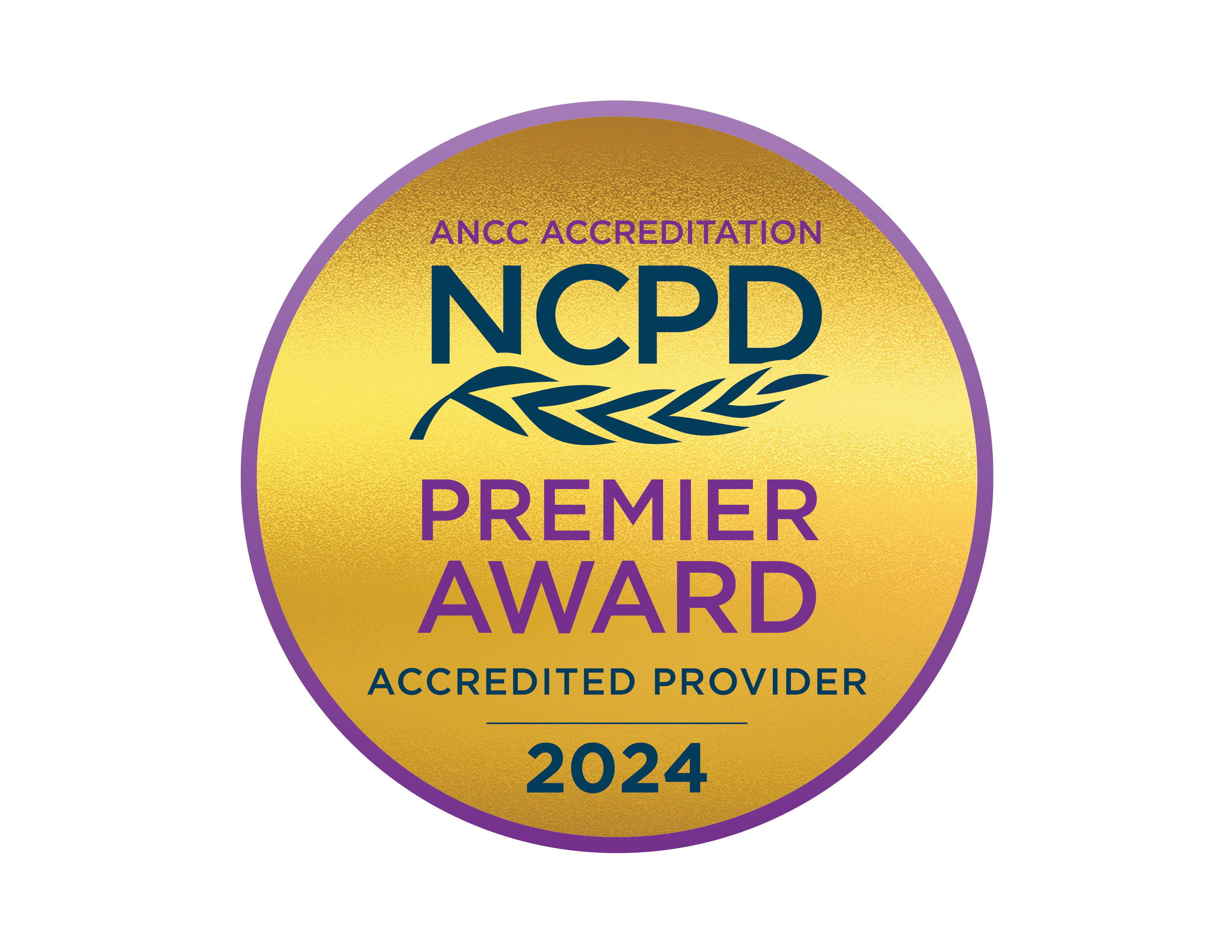Obesity in Adults: Pharmacologic Options for Successful Management
Obesity remains a prevalent problem that's frequently underdiagnosed and undermanaged. In fact, nearly one-third of patients fail to receive a formal diagnosis and treatment. Important treatment plans of obesity include diet, exercise, behavior modifications, and proper pharmacotherapy. Nurses and nurse practitioners will serve many roles in the care and treatment plans of patients with obesity, and are instrumental in helping to ensure overall pharmacology management, patient safety, outcomes and success.
Course Details
Overview
By the year 2030, nearly 50% of all U.S. adults will be considered obese leading to an increase in patient morbidity, mortality, and healthcare costs. Weight loss is challenging, and each patient requires individual management plans to ensure best patient outcomes. Nurses are instrumental in the weight loss journey by providing support, resources, information, and realistic goal setting to patients with obesity through the roles of advocates, educators, and even health coaches. In addition, nurse practitioners also serve in the prescriber role, and participate in shared-decision making on weight loss medications and other treatment options.
Key Learning Outcomes
- Describe pharmacotherapy treatments for weight loss.
- Discuss who can benefit from weight loss medications.
- Describe patient education and nursing implications that can impact patient success with weight management.

